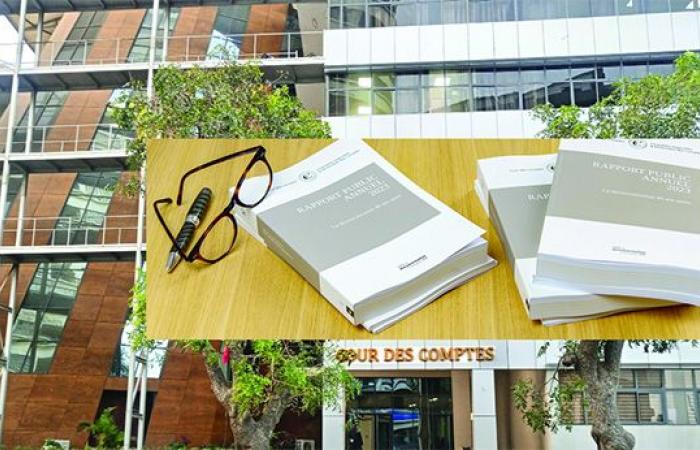The possibility that the Court of Auditors of Senegal disavows Prime Minister Ousmane Sonko by recognizing as accurate the budgetary figures that he had denounced as falsified could cause a political and economic earthquake. Such a verdict would not only undermine the credibility of the head of government, but would also threaten to end his political career.
According to the website “Le Quotidien”, this controversy around the alleged manipulated figures is already sparking heated debates on social networks. For many, the real issue lies in the impatiently awaited decision of the Court of Auditors. At the same time, the announcement of an international audit on the debt seems to be an escape from a potential decision unfavorable to Ousmane Sonko.
In a context where citizens’ confidence in their leaders is already shaken, a disavowal would aggravate distrust towards the entire political class. Ousmane Sonko, often perceived as a symbol of integrity, would find himself faced with an almost irremediable loss of credibility. Providing inaccurate data, whether intentionally or not, is a serious offense potentially perceived as an attempt at political manipulation.
The opposition would not fail to exploit this weakness, thus strengthening its criticism of the Prime Minister’s management. She could demand his immediate resignation and call for institutional reforms to improve the country’s economic transparency. Civil society, usually vigilant, could also intensify its demands, amplifying the disenchantment of the population.
The economic repercussions of such a crisis of confidence would be significant, potentially compromising Senegal’s attractiveness for international partners. A loss of credibility could prompt institutions like the World Bank or the IMF to review their commitments, thereby increasing pressure on the national economy.
On a legal level, Ousmane Sonko could be held liable due to his controversial statements. If the courts establish that he deliberately wanted to deceive public opinion, he could face several charges, such as the dissemination of false information or damaging the image of public institutions.
Senegal must learn lessons from this affair to improve its governance. As “Le Quotidien” indicates, it is essential to strengthen the independence of control institutions, to ensure total transparency in the management of public finances and to promote civic education in order to strengthen ethics in politics.






